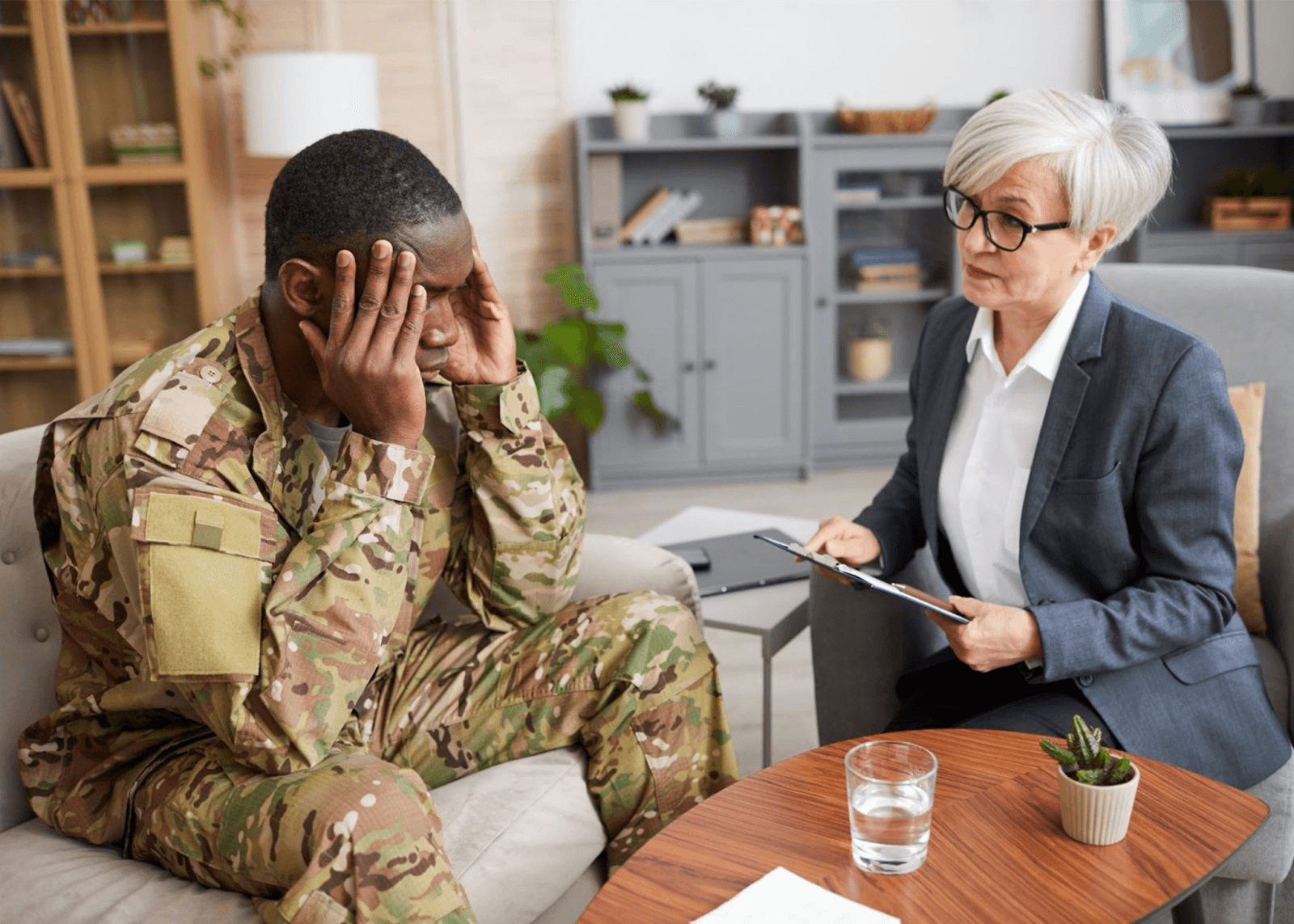Veterans have sacrificed so much to serve their country. After their service ends, it’s important to remember that they may still face challenges when adjusting back to civilian life. Mental and physical health are two key areas where they may need support.
Fortunately, there are many ways we can help them stay healthy and live fulfilling lives. In this article, we will discuss five ways to support a veteran’s mental and physical health.
1. Encourage Regular Exercise
Physical health is just as important as mental health. Regular exercise can help veterans stay fit, reduce stress, and boost their mood. Activities such as walking, running, or swimming are great ways to keep the body active and strong.
Encouraging veterans to join fitness classes or participate in community sports is a great way to help them build a routine. Physical activity also promotes better sleep, which can be especially helpful for veterans struggling with mental health issues.
See also: Stmoro: A Game-Changer in Modern Technology and Industry Applications
2. Provide Access to DVA Doctor Services
In many countries, veterans have access to healthcare through the Department of Veterans Affairs (DVA). A DVA doctor specializes in treating veterans. These doctors are trained to understand the specific needs of veterans, including any injuries or mental health struggles they may have experienced during their service.
By helping veterans access DVA doctor services, we can ensure they receive the specialized care they deserve. Regular check-ups and treatments can help identify physical health issues early on and provide support for mental health challenges.
3. Be There for Mental Health Support
Mental health is a serious concern for many veterans, especially those who have experienced trauma. Post-Traumatic Stress Disorder (PTSD), depression, and anxiety are common mental health challenges that veterans may face.
One of the best ways to support veterans is to listen and offer a safe space for them to talk. Encouraging them to speak with a counselor or therapist can also help. Additionally, there are support groups available where veterans can connect with others who understand their experiences.
4. Offer Depression Treatment
Veterans who struggle with depression need proper treatment. Proper depression treatment can include therapy, counseling, or medication, depending on the individual’s needs. It’s important to help veterans recognize the signs of depression and encourage them to seek help.
Early treatment can prevent the condition from worsening. By supporting them through their journey, veterans can regain control of their lives and feel more hopeful about the future.
5. Promote Social Connections
Isolation can negatively affect a veteran’s mental and physical health. Staying connected with family, friends, and the community is important for mental well-being. Encourage veterans to participate in social activities, volunteer opportunities, or hobby groups.
Socializing with others can reduce feelings of loneliness and provide a sense of purpose. Veterans who are able to maintain strong social connections are more likely to stay mentally and physically healthy.
Conclusion
Supporting a veteran’s mental and physical health is an important way to honor their sacrifices. Whether through physical exercise, mental health support, or helping them manage depression, there are many ways we can make a difference.
Taking action and showing care can help veterans lead healthier, happier lives after their service. Let’s continue to be there for those who have served and show them the respect and love they deserve.
